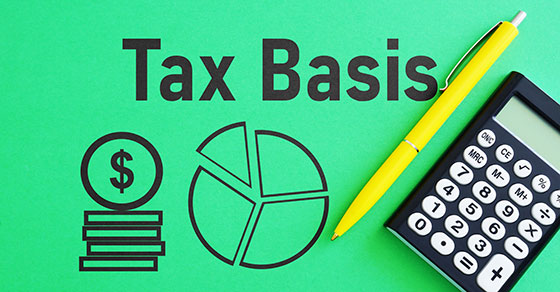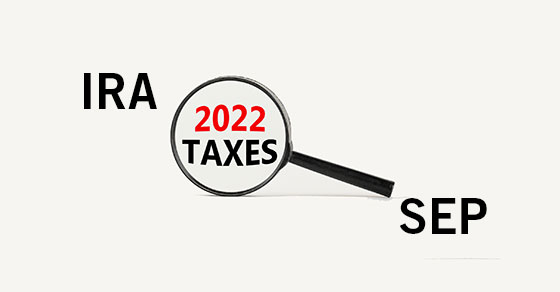
If you’re a crypto investor or user, you may have noticed something new on your tax return this year. And you may soon notice a new form reporting requirements for digital assets.

If you’re a crypto investor or user, you may have noticed something new on your tax return this year. And you may soon notice a new form reporting requirements for digital assets.

A common question for people planning their estates or inheriting property is: For tax purposes, what’s the “cost” (or “basis”) an individual gets in property that he or she inherits from another? This is an important area and is too often overlooked when families start to put their affairs in order.

Once you file your 2022 tax return, you may wonder what personal tax papers you can throw away and how long you should retain certain records. You may have to produce those records if the IRS audits your return or seeks to assess tax.

If you’re an art collector, you may wonder about the tax breaks available for donating a work of art to charity. Several different tax rules may come into play in connection with such contributions.

When preparing your tax return, we’ll check one of the following statuses: Single, married filing jointly, married filing separately, head of household or qualifying widow(er). Filing a return as a head of household is more favorable than filing as a single taxpayer.

April 18 is the deadline for filing your 2022 tax return. But a couple of other tax deadlines are coming up in April and they’re important for certain taxpayers:

Did you make large gifts to your children, grandchildren or other heirs last year? If so, it’s important to determine whether you’re required to file a 2022 gift tax return. And in some cases, even if it’s not required to file one, you may want to do so anyway.

Have you bought stock in a company that later dropped in value? While you may prefer to forget such an ill-fated investment, at least you can claim a capital loss deduction on your tax return. Here are the rules that apply when a stock you own is sold at a loss or becomes completely worthless.

You generally must pay federal tax on all income you receive but there are some exceptions when you can exclude it. For example, compensatory awards and judgments for “personal physical injuries or physical sickness” are free from federal income tax under the tax code. This includes amounts received in a lawsuit or a settlement and in a lump sum or in installments.

If you’re getting ready to file your 2022 tax return, and your tax bill is higher than you’d like, there may still be an opportunity to lower it. If you’re eligible, you can make a deductible contribution to a traditional IRA right up until this year’s April 18 filing deadline and benefit from the tax savings on your 2022 return.
